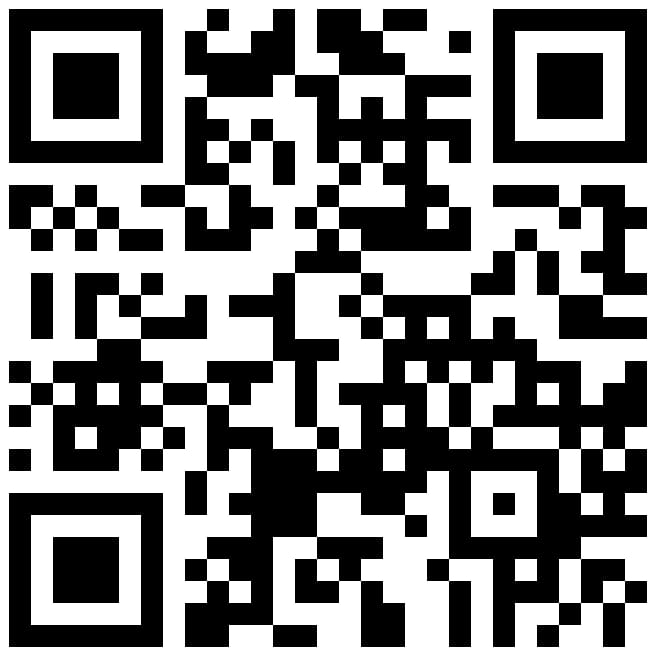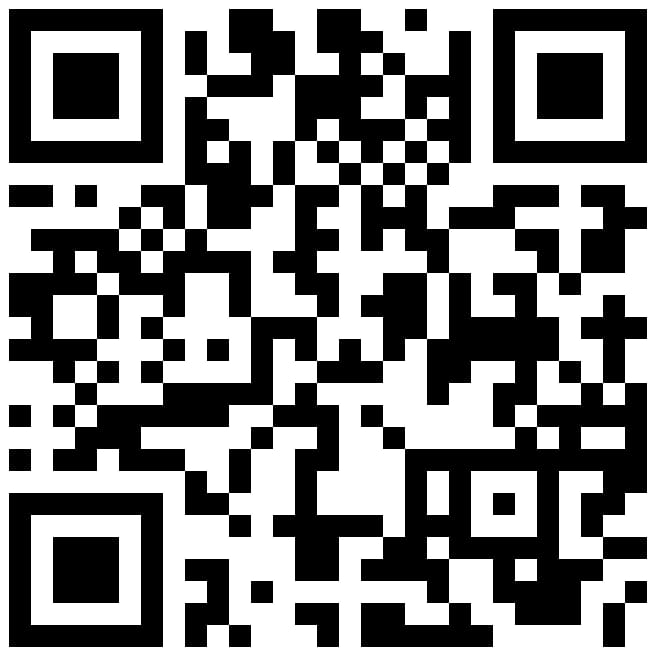Lucky Number Generator
Generate random numbers for lotteries and betting
Popular Presets
Settings
How Does Our System Work?
How It Works
Standard Mode
The classic mode where you choose a lottery (e.g.: 5 numbers + 2 stars, like EuroMillions). Ideal for simple and quick simulations.
Advanced Mode
Allows customizing the draw, defining the number of balls, prize ranges, or even multiple simulations (e.g.: 10 draws at once). Great for strategies or statistical analysis.
History of Lottery
The use of lotteries dates back to ancient civilizations, such as in China around 205 BC, during the Han Dynasty, to finance the Great Wall. In Europe, the first recorded lottery occurred in 1445 in Belgium, to raise funds for fortifications.
In Portugal, the lottery officially began in 1783 with the "National Lottery", created by Queen Maria I to support charitable works. It was believed that results were influenced by divine forces, especially in times of crisis.
Famous Lottery Wins
EuroMillions in Portugal (2014)
An anonymous bettor won 190 million euros, the largest individual prize in Portugal until then.
Mega Millions in USA (2018)
A ticket in South Carolina took 1.537 billion dollars, the largest jackpot in history to date.
Powerball (2016)
Three winners split 1.586 billion dollars, changing global lottery rules due to betting fever.
Impressive Records
Won in Powerball in 2022, by a single ticket in California.
Studies show that numbers like 7 and 13 are chosen more frequently, despite equal probabilities.
Estimate since the first lotteries in ancient China.
Modern Uses of Lottery
Sports
Some clubs use draws to distribute tickets or prizes to fans.
E-sports
Digital tournaments use number generators for prizes or team selections.
Business
Companies use internal lotteries for incentives or tie-breaking in votes.
The Math Behind Lottery
An ideal draw has probabilities based on combinations: for example, in EuroMillions, the chances of hitting are 1 in 139,838,160. Factors like number distribution, generation algorithms, and human bias can influence choices, but not results.
- Number distribution
- Randomness strength
- Selection angle
- Statistical resistance
Our digital simulator uses advanced algorithms to ensure true randomness, eliminating bias and simulating real probabilities.
Frequently Asked Questions
Is it really random?
Yes! We use cutting-edge technology so that each simulation is fair and unpredictable.
Can I use it for important decisions?
Although accurate, it's better for fun or analysis; real betting involves financial risk.
Does it work offline?
Yes, once loaded, the application operates completely offline.


